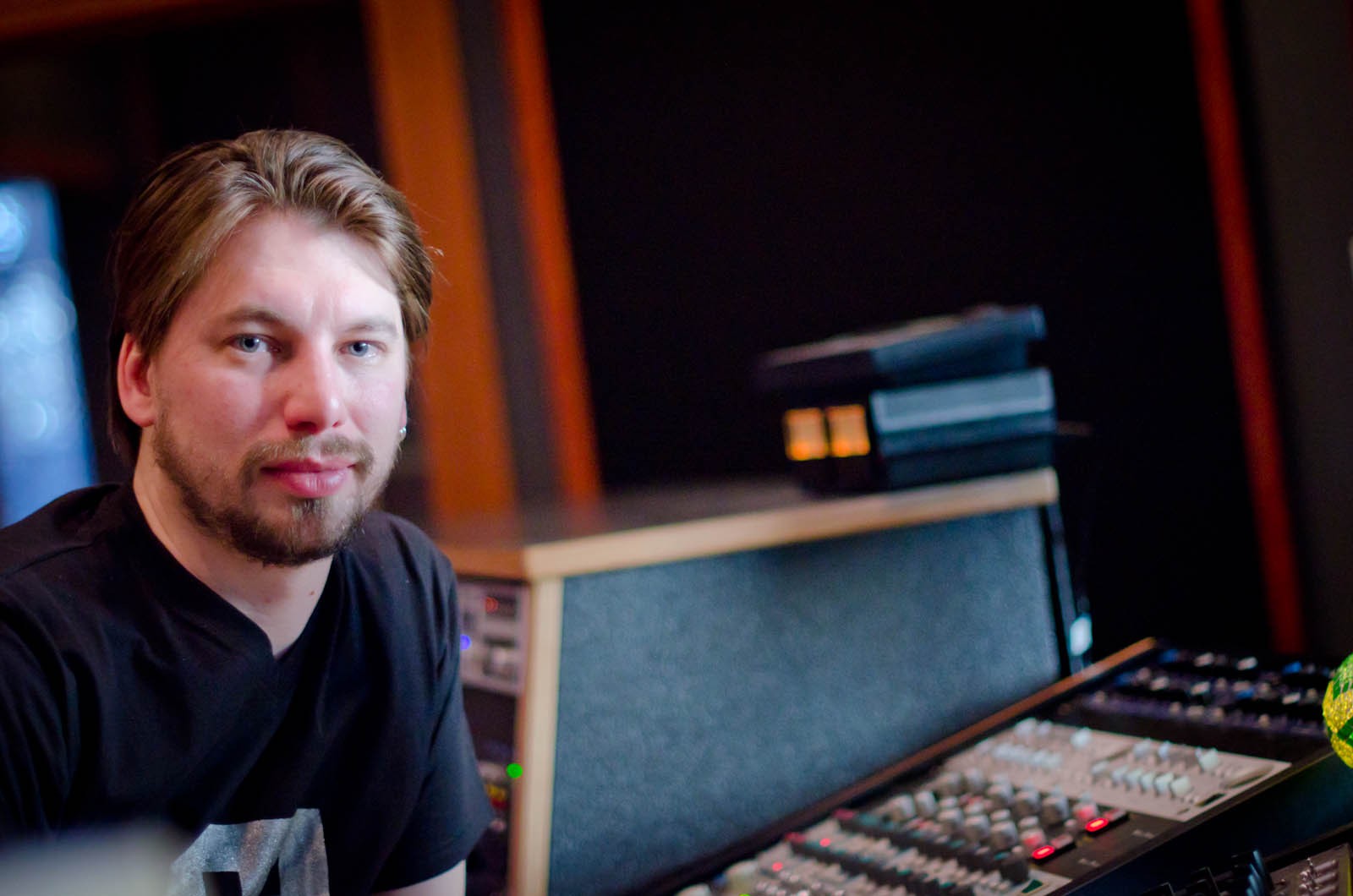We caught up with the brilliant and insightful Joe Mabbott a few weeks ago and have shared our conversation below.
Joe, thanks for joining us, excited to have you contributing your stories and insights. What do you think matters most in terms of achieving success?
In my field, I think networking is a big part of success. Aside from having drive, passion, and dedication to succeed, being able to make connections and build community is huge. Early on in my career I said yes to lots of jobs and people to build on my experience. One thing leads to another, especially if you are able to perform to people’s expectations. The more you work, the more your confidence grows, the more your skill set expands and the more of an asset you’ll be for people.
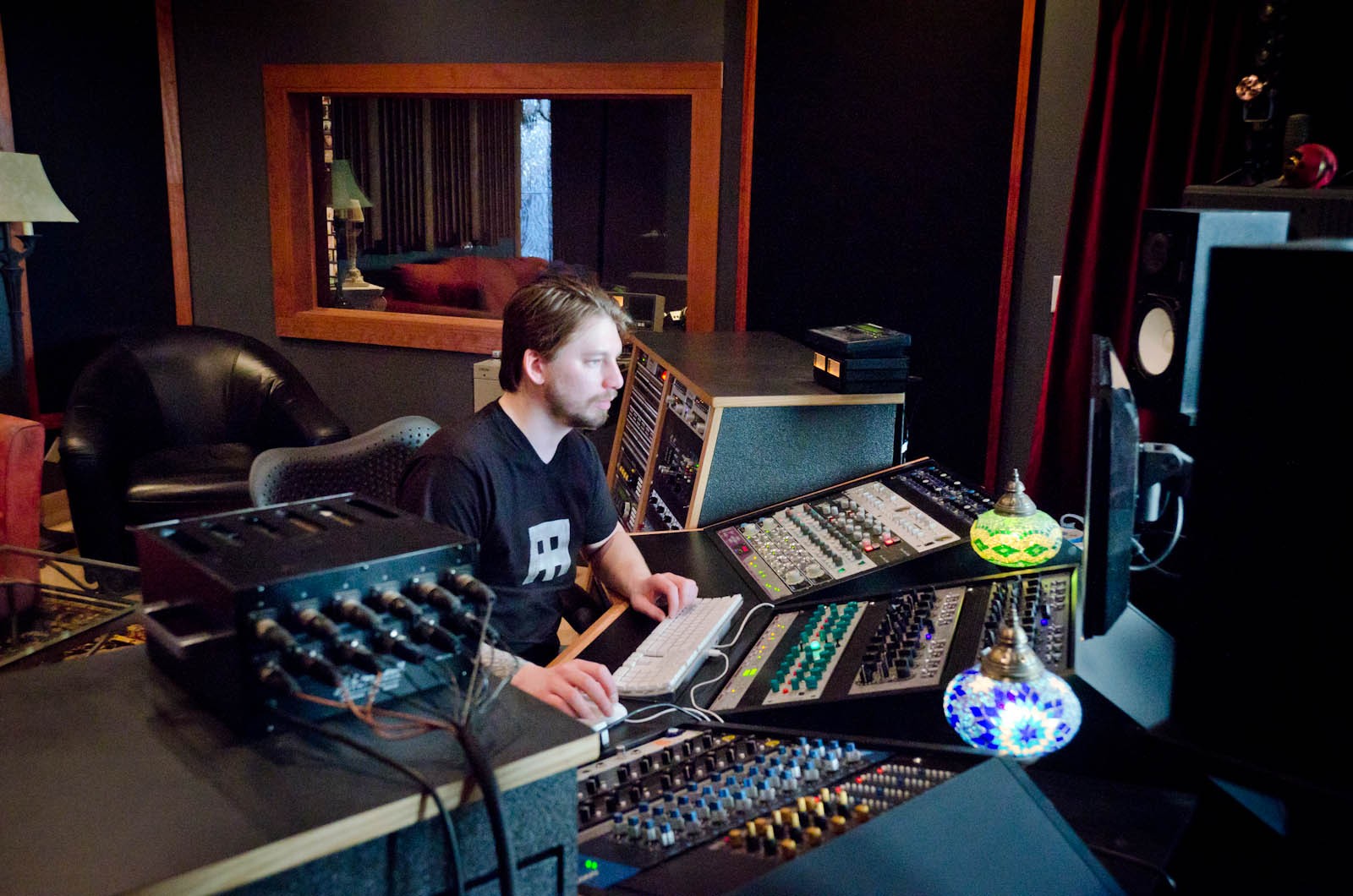
As always, we appreciate you sharing your insights and we’ve got a few more questions for you, but before we get to all of that can you take a minute to introduce yourself and give our readers some of your back background and context?
I started as a musician, playing drums from a very early age. My passion for music led me to a career in it. I initially got into the recording studio side of the business as a back up plan for being a profession drummer, but quickly realized I really liked the technical side of things as well. I started as an intern in a post production studio where they did commercial and film work. Day to day we did recording, mixing, sound design and music for TV and Film, but at night the studio worked on Music Production for bands as well. Once, I got my foot in the door I never left the studio. After my internship I was contracted on to work as an assistant and then engineer as well. I used this studio as my home base to work with bands I played in along with bands I met while playing around the Twin Cities. I started to do more freelance work at other studios in town as well and continued networking with as many studios/people/bands as I could.
Eventually, I bought out the studio I interned at and started The Hideaway in 2004. By then I was doing a lot more album recording and mixing than I was doing TV and Film work so I stopped doing post production work and primarily focused on Music Production and recording and mixing. I also slowed way down on drumming and playing in bands to focus on the studio life now that I owned my own business. Finding the right balance was hard at first as being a musician is what got me into the business in the first place, and playing less and less was a bit to get used to. But I kept working on projects I really liked and wanted to be involved in so it just changed the way I was able to be creative and artistic. I still played on albums for people and used that skill set wherever needed, but the band life was slowly ending.
Now nearly 20 years into running The Hideaway it’s been the best career I could imagine. I didn’t set out to be a business owner, but it just happened to work out that way, and now the studio is one of the premier studios in the Twin Cities with a client list I’m really proud of. The engineers that are housed out of the studio are turning out great products and the studio is a very powerful tool for anyone to create whatever they are looking for. The goal is to create a comfortable and relaxed place to feel productive in and our clients love it here.
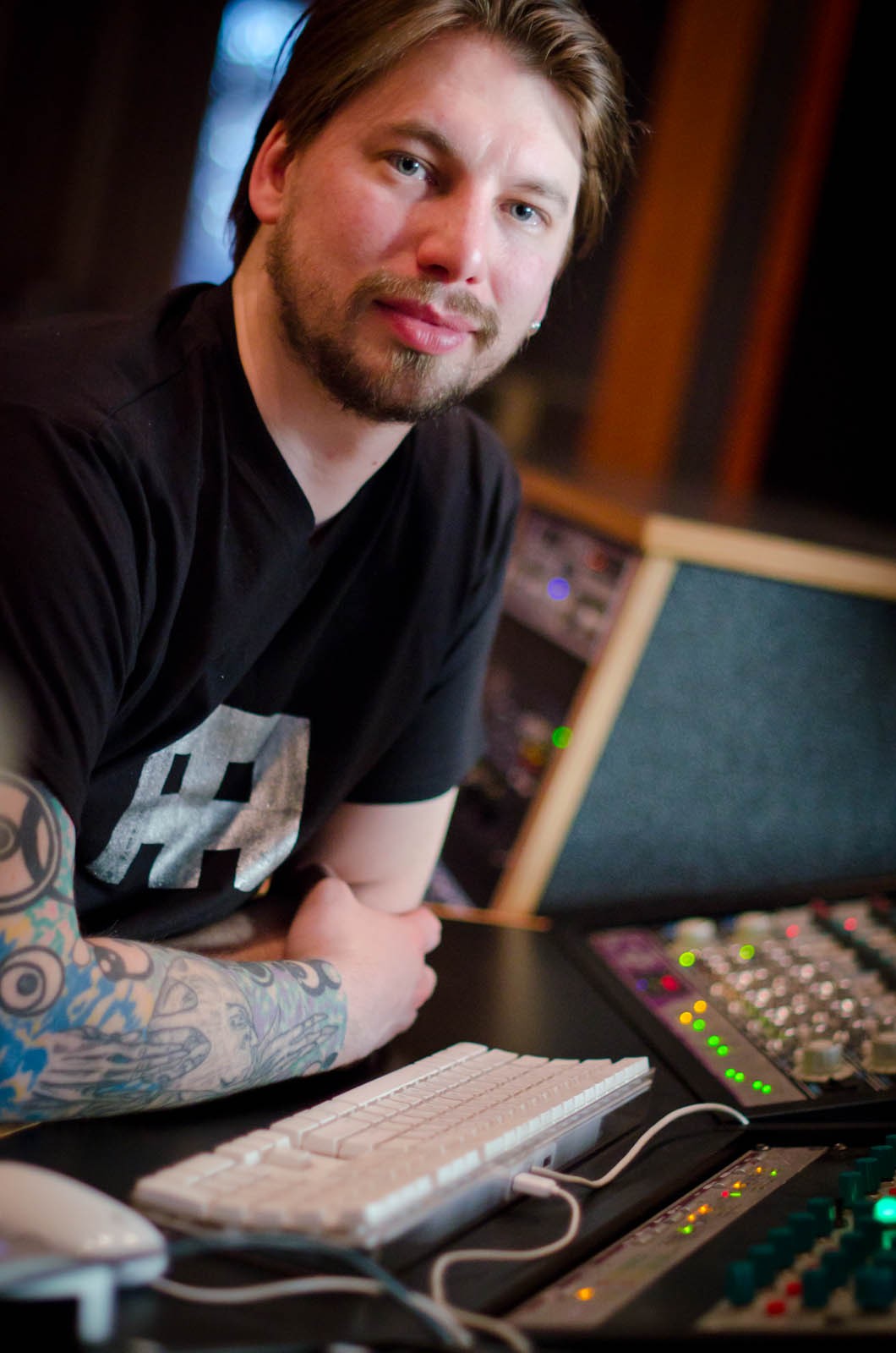
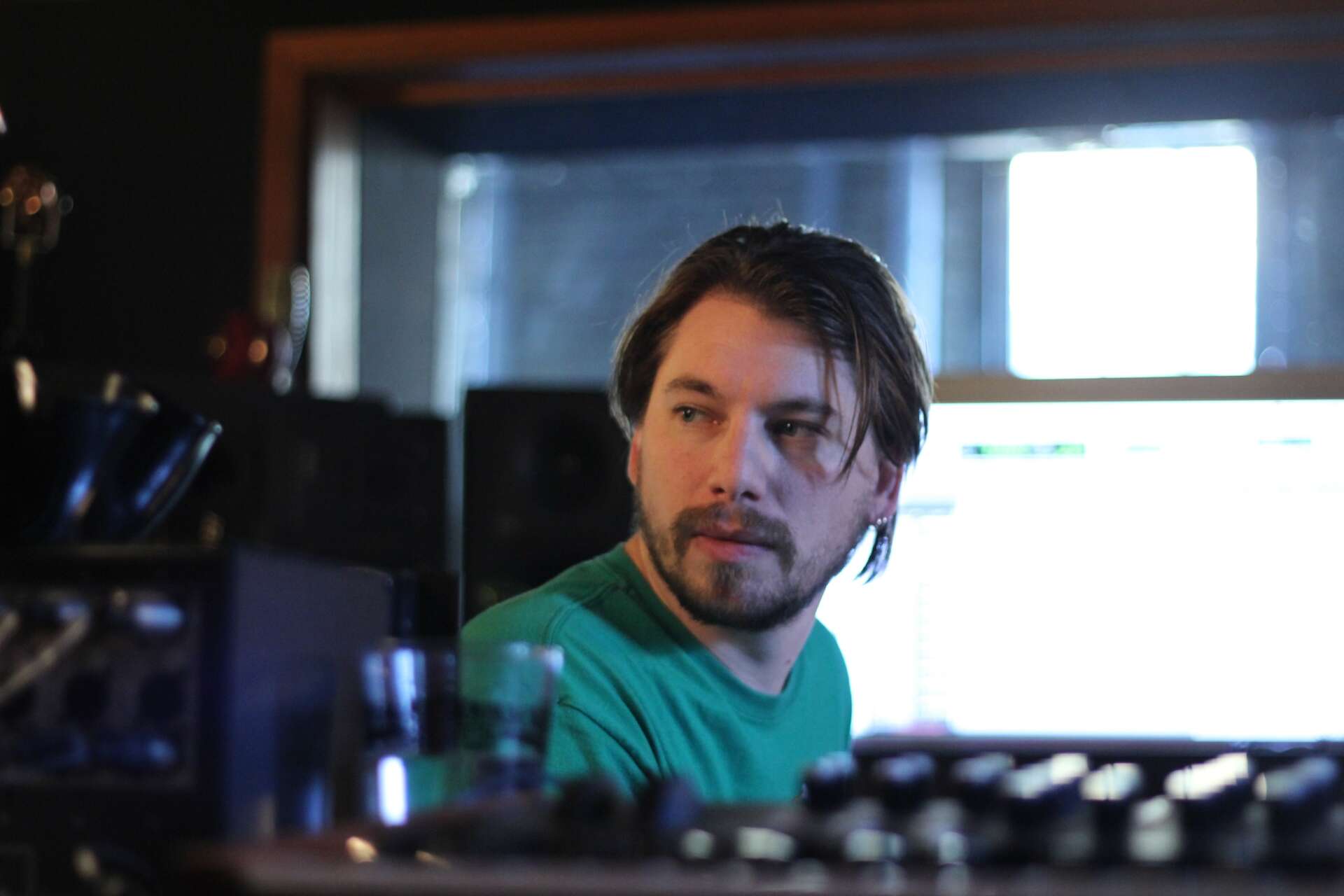
Any advice for growing your clientele? What’s been most effective for you?
For me it’s all been networking and word of mouth. I don’t advertise the studio or myself outside of a website. Starting out, I was going to tons of shows, both local and national artists, to meet people and make connections. That helped start and build on relationships with like minded people who I wanted to work with. I was also a musician in a few bands which helped to be out in the community on a regular basis and making friends and connections that way. After I started making records for a few groups the word just started to spread from there. Word of mouth is the most natural and comfortable way of operating for me. I only want to work on projects I like and feel good about so it all has to be about the community I’ve surrounded myself with and the artists I admire. This also helps me to put my best self in every project I work on and feel proud to be involved in it.
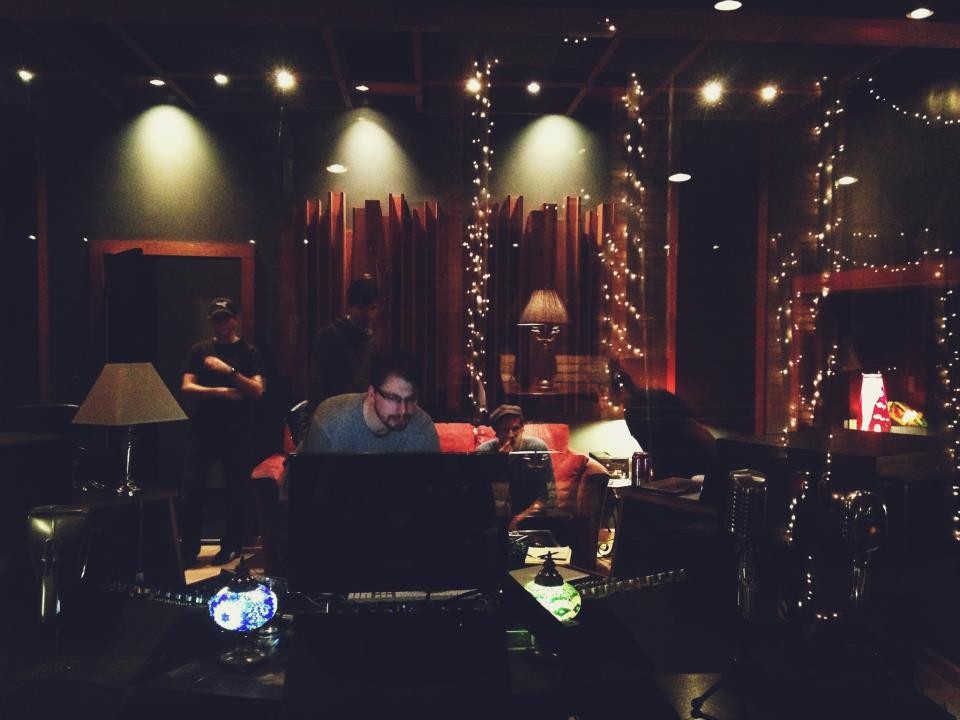
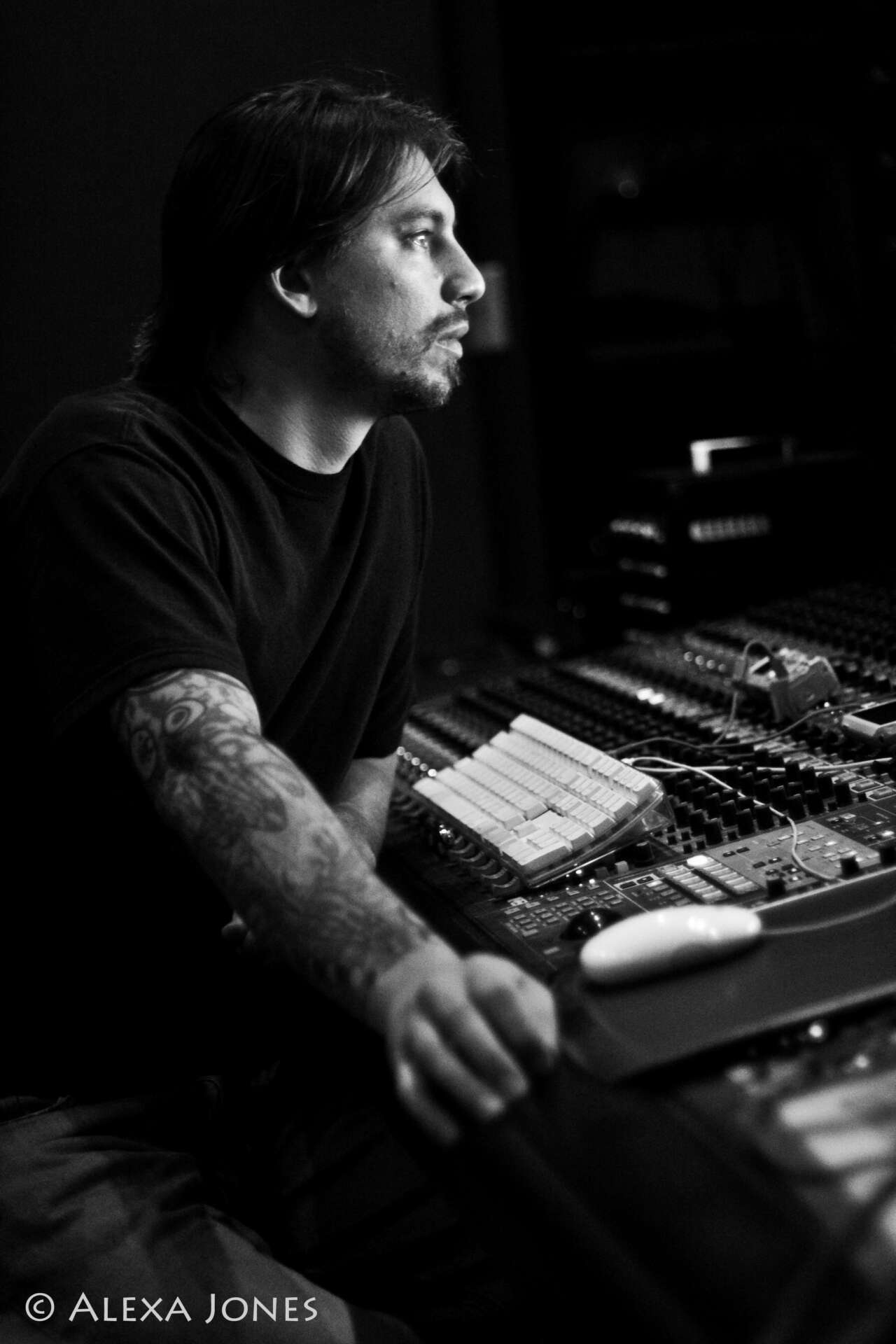
What else should we know about how you took your side hustle and scaled it up into what it is today?
I started playing music at a very young age and it was my dream to be a professional drummer and make a living as a touring and gigging musician. I was playing in bands by age 11 with college bands, and played my way through high school playing shows on weekends with my band until I graduated. I got involved in recording as a back up plan to being a professional musician. This was something for me to do if I needed a gig between music gigs. I had never thought about the technical side of things until I stepped foot into a recording studio and thought it looked like fun, but never thought it would replace drumming as what I wanted to do. I moved to the Twin Cities to intern at a recording studio to complete my degree program for school and joined two band within a short time living here. I still stayed focused primarily on drumming but more and more I started to enjoy making recordings for my bands I played in, and eventually that turned into making recordings for the bands my bands were playing with at shows and it kept growing from there. Eventually I started taking on more album projects for people and acts outside my friend group, and things started to pick up to the point where I was saying no to going out on a small tour here or there because I took on a record project here or there. The pendulum has pretty much swung the other way now and I hardly ever sit down behind the drums anymore. Every once in a while someone will ask me to play on their record and I will, and it’s still fun, but I love making records for people. Phase two of my musical career I suppose. I started The Hideaway Studio nearly 20 years ago in 2004 and it’s been a blast ever since.

Contact Info:
- Website: www.thehideawaympls.com
- Other: joemabbott.com
Image Credits
Alexa Jones, Kyle Matteson


